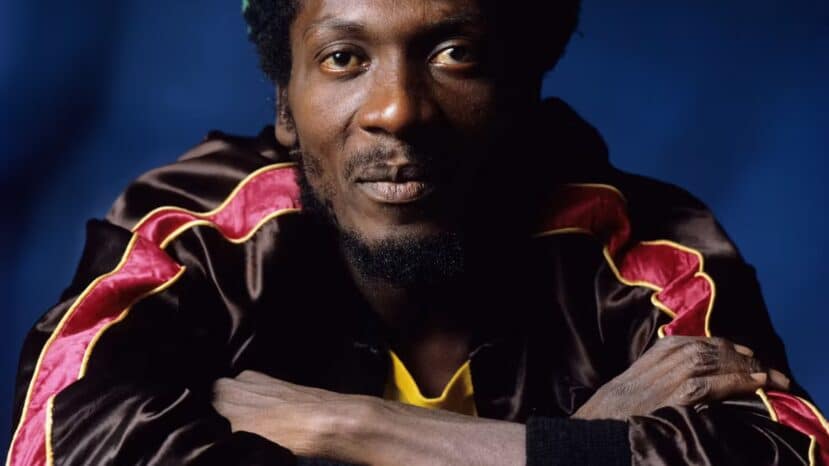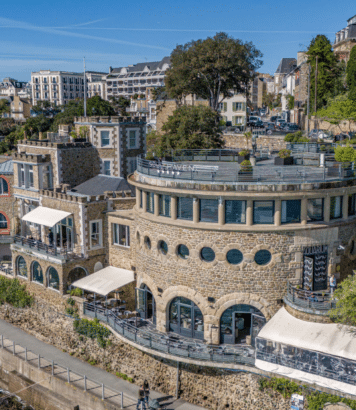Jimmy Cliff is gone: Paris loses a big reggae brother

Jamaican singer Jimmy Cliff has died at the age of 81.
A legend has passed away, but his songs will continue to echo through the streets of Belleville.
His name alone evokes an era, a sound, a breath. Jimmy Cliff, whose real name was James Chambers, died on
For music lovers, his death marks the end of an essential chapter in the history of reggae. But for Paris, which welcomed and listened to him so much, it’s also a blow to the heart.
Jimmy Cliff: a journey across continents
It all began in the parish of St. James, Jamaica, in the 1950s. Jimmy Cliff left his rural home at an early age to try his luck in Kingston, the bustling artistic capital. In 1962, he scored his first hit with
He embodied a committed reggae style, both spiritual and political. A more accessible style than Bob Marley’s, but just as strong in its message. He proves this again on his timeless anthems Many Rivers to Cross, You Can Get It If You Really Want and Reggae Night.
In Paris, a living musical imprint
In the ’80s, Paris was in full musical swing. Jimmy Cliff performed several times in the capital, notably at the Olympia and La Cigale. His songs resonated in the Afro-Caribbean bars of Château Rouge, on Radio Nova, in the markets of the Goutte d’Or.
More than just a passing passage, he left a mark here. At a time when reggae is seeking its place in France, Jimmy Cliff is a reassuring, popular and unifying figure.
He also inspired many French artists, from Tonton David to Pierpoljak, who saw him as a role model. The Parisian reggae scene, still alive today, owes a great deal to him. You can (re)discover it in this article on reggae concerts in Paris.
A critical look at a highly orchestrated career
Jimmy Cliff has not escaped criticism. Some purists have criticized him for watering down reggae, making it too melodic, too pop, particularly in the 90s. It’s true that his international success was built on tracks that were sometimes far removed from the roots sound.
But that’s precisely where his strength lies. He has managed to appeal to a wider audience, while retaining the essence of reggae: spirituality, struggle, hope.
In 2010, he was inducted into the Rock and Roll Hall of Fame. In Jamaica, he was awarded the Order of Merit. Awards that crown an extraordinary career.
A void, but a legacy of musical memory
With his death, Paris loses a fellow traveler. His melodies still linger on the quays of the Seine in summer, in the vinyl bins of Saint-Ouen, in the playlists of nostalgic thirtysomethings. Jimmy Cliff wasn’t just a musician. He was a bridge between Kingston and the rest of the world.
And perhaps that’s the greatest achievement of all: to have made people dance, think and hope, from one end of the globe to the other.
To explore the trail of reggae in the capital, Paris Select recommends that you read our guide to iconic reggae venues in Paris.





No comments
Post a comment
Always participate in accordance with the law and with respect for others.